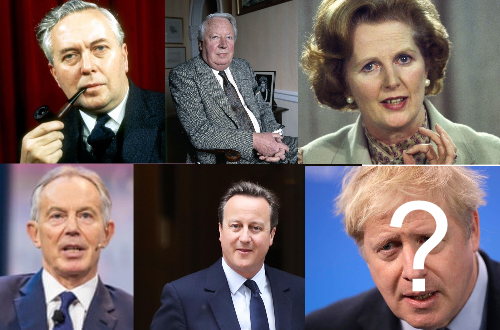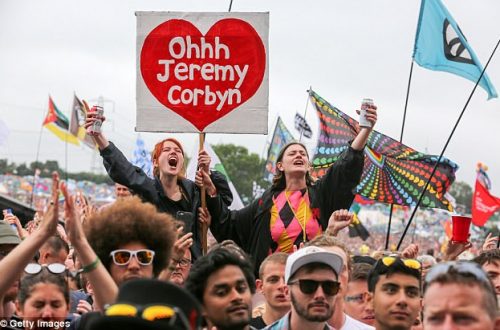The MPs expenses scandal – it’s hard to avoid labels like ‘fatcats’ when MPs, like the chief whip, claim almost 20 grand in four years for food! – has provoked several commentators to suggest, more than simply wielding tighter reigns to slow down the rush of politicians to insert their snouts in the public trough, we need a radical overhauling of the system of government.
For example, Polly Toynbee says we should introduce proportional representation in the Commons:
Seize this moment to make real constitutional change, bring in proportional representation for the Commons, a fully elected Lords and clean party funding. It’s too late now for a fag-end government to command the power to do it. Hubris and the arrogance of a huge majority caused Blair to abandon reform in the early days. Now it would smack of last-gasp gerrymandering to save parliament’s sorry necks. But a formidable array of reformers is gathering to demand a referendum on the principle of PR and Lords reform to be added to the ballot paper at the next election.
But is Proportional Representation likely to solve any problems? In my view, it’ll make matters worse. Here’s why:
Central to most PR systems is “The Party List”. This means that if your party wins a proportion that equates to, let’s say, 41 seats, the first 41 people on your list get to go to parliament. The net result is that an ambitious politician no longer has a constituency to woo. Instead he or she must romance the party leadership. To improve his or her chances of getting a seat on the party’s ticket, the ambitious must prove themselves to be reliable, loyal and committed party team players. In other words, they become beholden to the party, not to the electorate.
The last thing we need – particularly in view of the desperate efforts to block public access to the expenses data – is a system that incentivises the closing of ranks within the party. One need look no further than the scandals undermining the credibility of South Africa’s ruling ANC party to see how PR corrupts.
A by-product of this, of course, is that constituents lose their ability to directly elect their representative. Instead, MPs are parachuted in.
If this expenses scandal has taught us anything, it is that we need more direct scrutiny by the electorate of its elected officials, not less. The PR system encourages parties to close ranks. Dissent and whistle-blowing become career suicide for politicians who need to make the high-end of the party-list to stand a chance of a seat in parliament.
At the same time, Toynbee wants an elected House of Lords. This begs the question: aren’t we then just turning the Lords into what the Commons was. Phrased another way: what’s the point?
Surely the way to have the best of both worlds is to leave the Commons as it is – with directly elected representatives of constituencies – while making the Lords subject to party lists. Why not allow every party to nominate it’s ‘list’ of Lords. They can happily stock the upper house with party appointees in proportion to their percentage of popular support.
This achieves the reasonable demand for Lords reform while at the same time not meddling with what is, after all, a cornerstone of democracy: the right of a community to elect one from their number to represent their voice in the nation’s parliament.
The expenses row is a scandal. A very serious one. But it is not a constitutional crisis. It is not a crisis of democracy. Lobbyists and activists of all stripes will use the crisis to push forward their specific agendas, but is important that everyone else – while nodding respectfully – keeps a sense of proportion.


